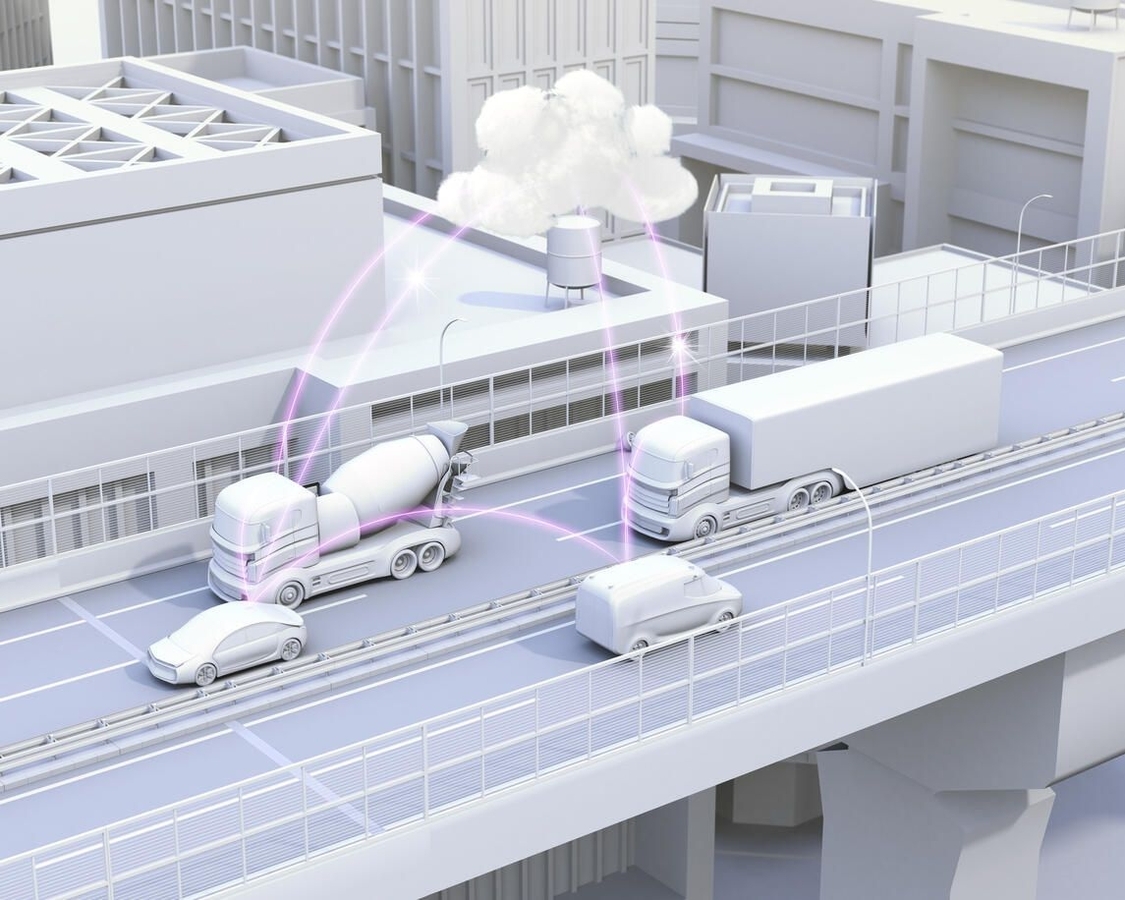
Salesforce has automakers, dealers, and automotive finance groups and their customers in its sights with the unveiling of the new product Automotive Cloud.
Automotive Cloud is powered by Driver 360 and uses industry-specific automation, intelligence and real-time analytics across the customer and vehicle life cycle.
“The automotive industry is facing a new digital imperative amidst massive upheaval brought on by the rise of direct-to-consumer models and the dawn of the electric vehicle age,” said Achyut Jajoo, senior vice president and general manager of manufacturing and automotive at Salesforce. “But, with great disruption comes great opportunity, and companies accelerating into the digital-first future with technology like Automotive Cloud can gain a competitive edge while simultaneously future-proofing their businesses.”
Sales talk aside, the product has plenty of features and seems relevantly straightforward as a Sunday drive. The general idea is that it can be used if customers are browsing for a new car, making a purchase, looking for financing options or servicing their vehicle.
With Automotive Cloud, marketing teams can set parameters to automatically rank and route qualified leads to share the most high-touch prospective customers directly with the customer’s local dealership. Dealer managers can view purchase agreements over time to track the performance of inventory and find out which dealers are meeting their forecasts and sales agreements to manage inventory and vehicle allocation.
SEE: Hiring Kit: Cloud Engineer (TechRepublic Premium)
Moreover, service teams can set up alerts notifying them when a customer’s lease is about to expire or automatically remind their customers they are due for an oil change when their odometer hits a certain milestone. IT teams can also create customized flows with just clicks to automatically alert every customer who owns a specific model that their vehicle has been recalled.
Helpfully, Salesforce runs through the specific features in detail.
The features driving Automotive Cloud
Driver Console provides service teams with a view of every customer interaction through continuous touchpoints and customized alerts, from car browsing and purchase history to service journeys over time.
Household Management allows automotive companies to bring together their data to create a holistic picture of a household’s vehicle ownership and previous interactions, allowing dealers and other ecosystem partners to personalize support, offers and sales.
Vehicle Console gives a team member at an automaker, dealer or finance group access to vehicle information, such as odometer readings, vehicle market value, and real-time service and repair information.
Automotive Data Foundation, built on industry standards like the STAR Standard, is the “backbone” of Automotive Cloud. It creates a standards-based data foundation that encourages interoperability, intelligent data protection, global regulatory compliance and data sharing.
Automotive Lead Management is designed to help the relationship between dealers and automakers by “enriching leads with unique customer and vehicle history.” The idea is to enable them to route the most high-value leads straight to the individual’s preferred dealership along with a complete snapshot of their wants, needs and history.
Dealer Performance Management allows users to analyze dealership performance by region and monitor lead pipelines. This enables automakers to target their efforts and coordinate sales agreements, site visits, partner collaborations, demand forecasts and channel incentives.
Flow for Automotive provides automation with click-based configuration and integration tools for the delivery of branded and automated experiences like vehicle order status updates or shipment delay notifications.
Analytics for Automotive provides companies insights to monitor their business. It comes with purpose-built dashboards that provide an overview of sales and business performance, customer and asset life cycle, and revenue trends.
Salesforce Genie, which officially launched last month, gets a mention. This helps automotive companies unify their customer and vehicle data across channels and interactions, such as customer inquiries, service requests and vehicle data into a single, real-time customer profile.
Automotive Cloud will be generally available globally on Oct. 17, 2022.
The power of partnerships
Most companies are keen to promote their partnerships, and Salesforce takes the opportunity to talk about how its partner ecosystem provides expertise and solutions for the automotive industry.
There are plenty of names to consider. Consulting partners Capgemini, Deloitte Digital, PwC and Tata Consultancy Services and regional consulting partners Arlanis Reply, Concentrix, EMZ Cloud Solutions, ForeFront, Kolekto, an OSF Digital Company, LTI and TechMahindra specialize in automotive services including online buying, incentive management, aftermarket services and intelligent vehicles. These partners are prepared to implement these solutions tailored to specific customer needs
In addition, ISV partners—including CitNOW, Otonomo and Upstream—are building apps on AppExchange, specialized for the automotive and smart mobility industry.
Salesforce has also partnered with Formula 1. F1 is using Customer 360 to provide insight into and understanding of their fan base to help inform behaviors, communication and actions with their fans.
Are vehicle trends electric?
The interest in electric vehicles has been covered extensively by the mainstream media, and Jajoo’s comment about a “dawn” may well be correct.
According to an October 2022 report at heycar, the EV market is “booming.” Electric car sales increased by 186% in 2020, and EVs enjoyed another record year in 2021 with more than one in 10 new vehicles being electric.
In an attempt to support its automotive-focused plans, Salesforce cites its first-ever Trends in Automotive Report, which surveyed 500 decision makers from across the automotive industry, including original equipment manufacturers, auto finance subsidiaries and dealers. For example, the report states that 93% of auto industry leaders agree first-party data will help substantially improve the customer experience overall—whether during the vehicle browsing, purchasing, financing or post-purchase phase.
The company also cites research from McKinsey to try and demonstrate that Automotive Cloud can go places.
According to McKinsey, only 1% of automotive customers are fully satisfied with their car buying experience, and only 24% of automotive leaders reported that the prices on their website consistently match what customers actually pay.
With companies like Toyota Financial Services and Astara already using Salesforce, the company will be hoping that Automotive Cloud’s journey will go without a hitch.
